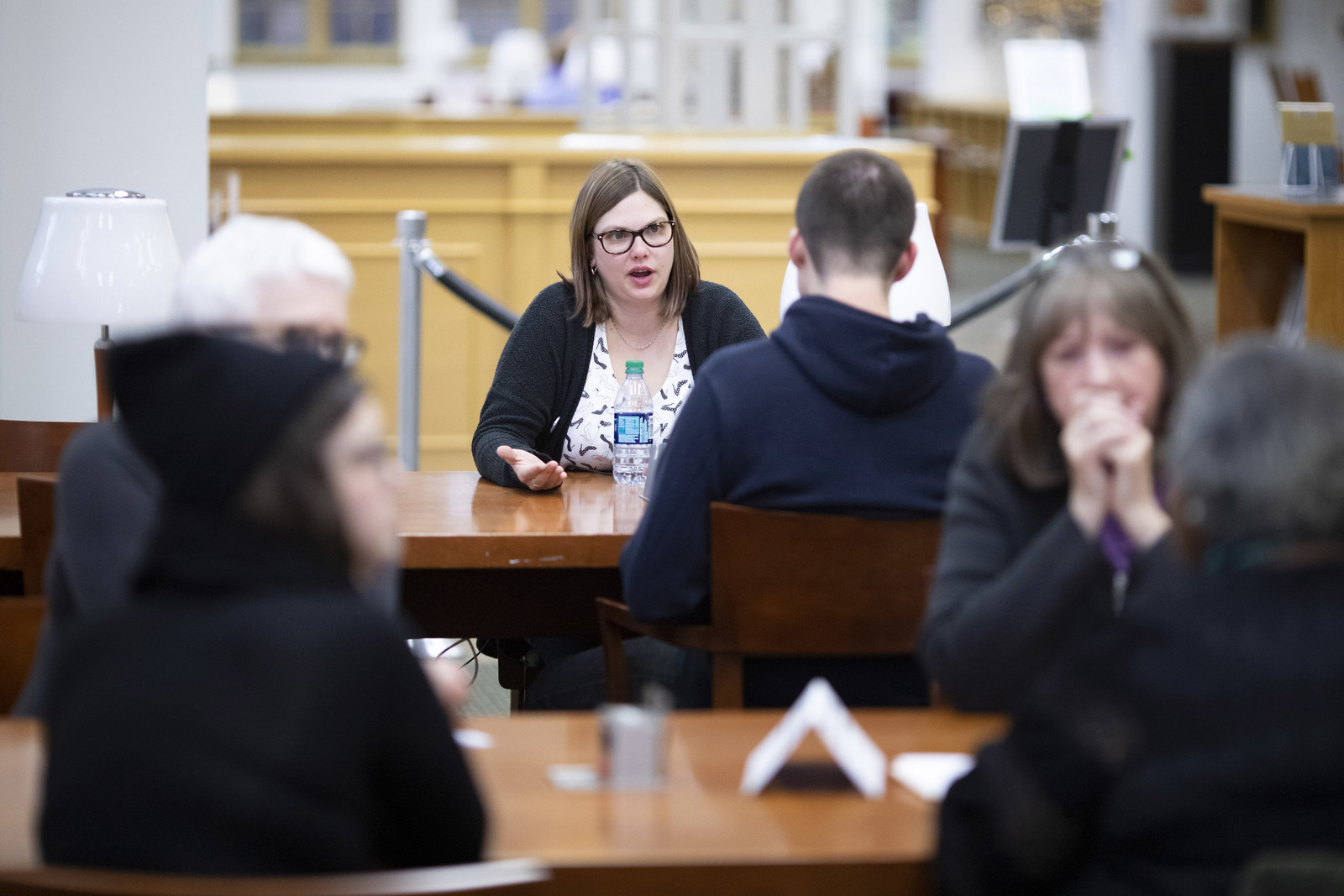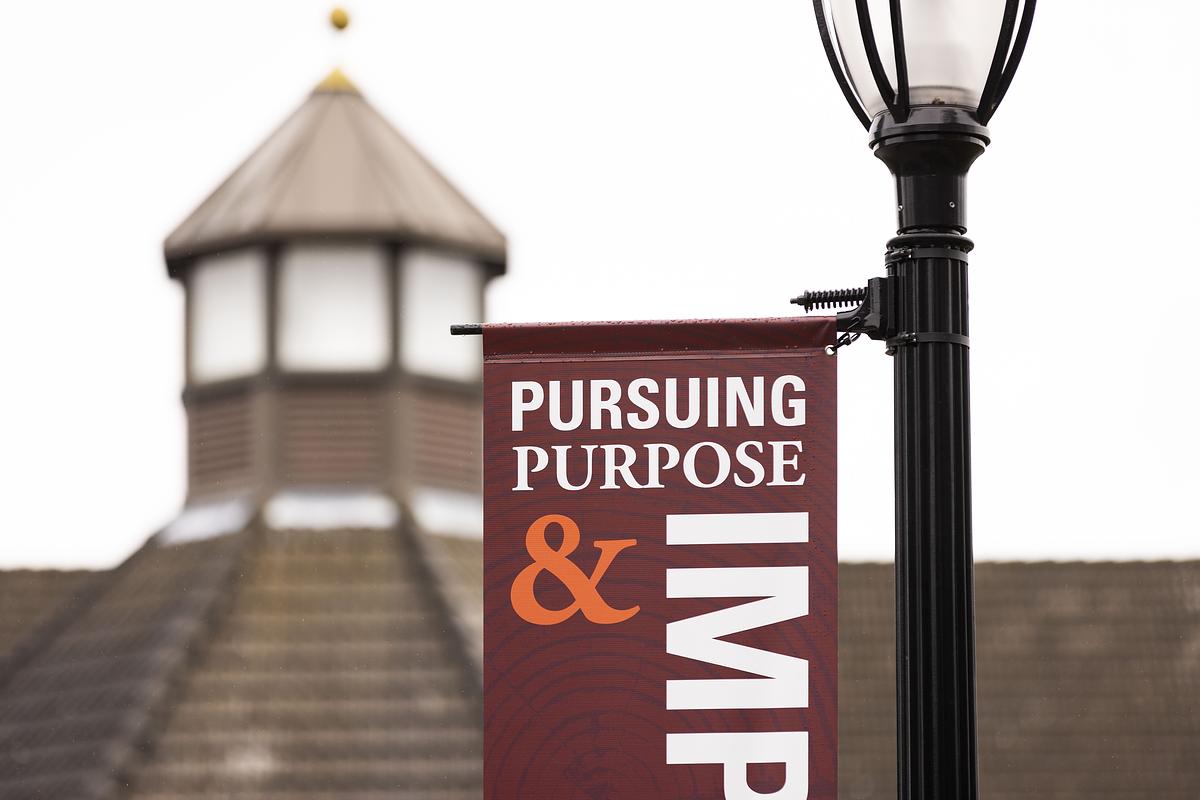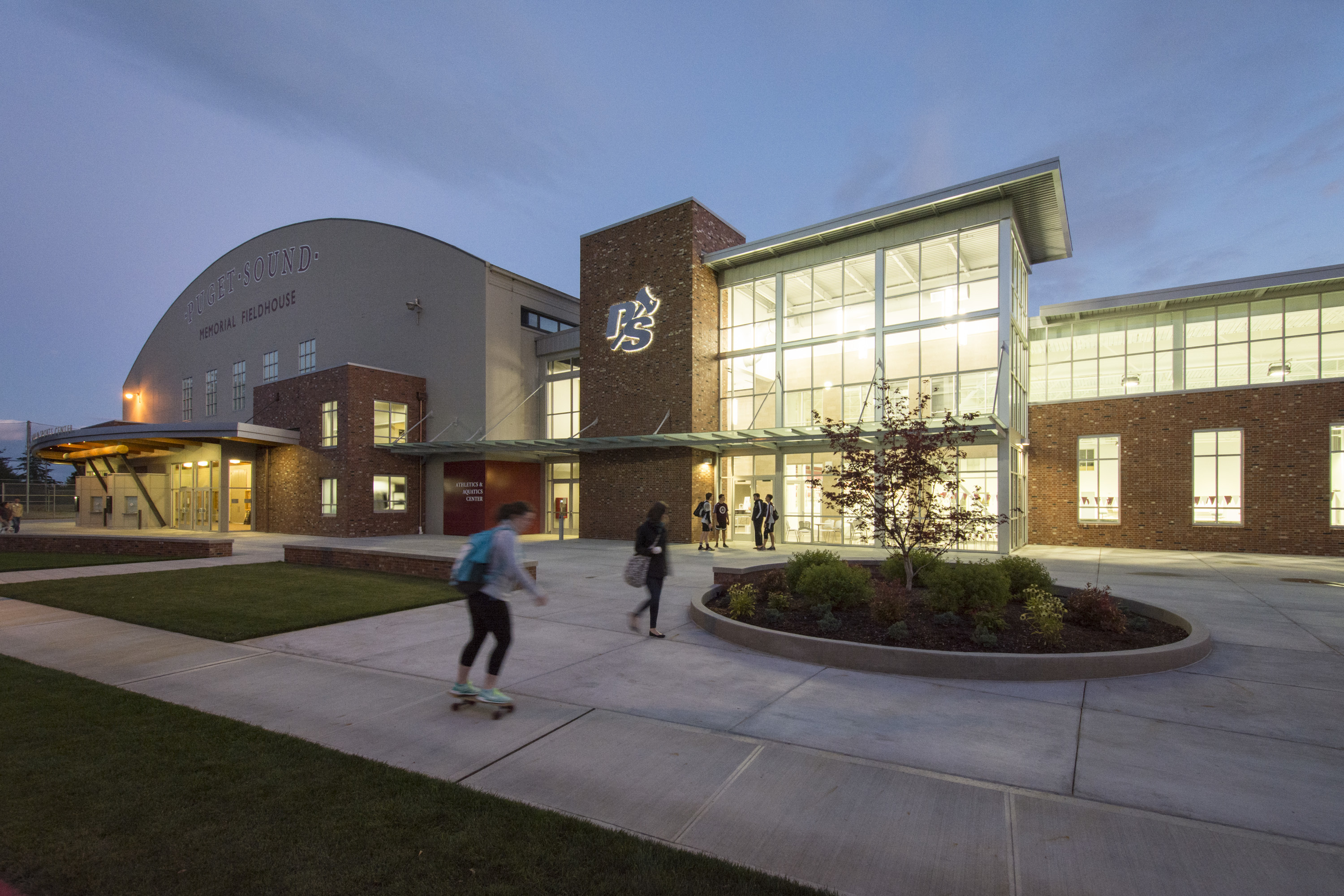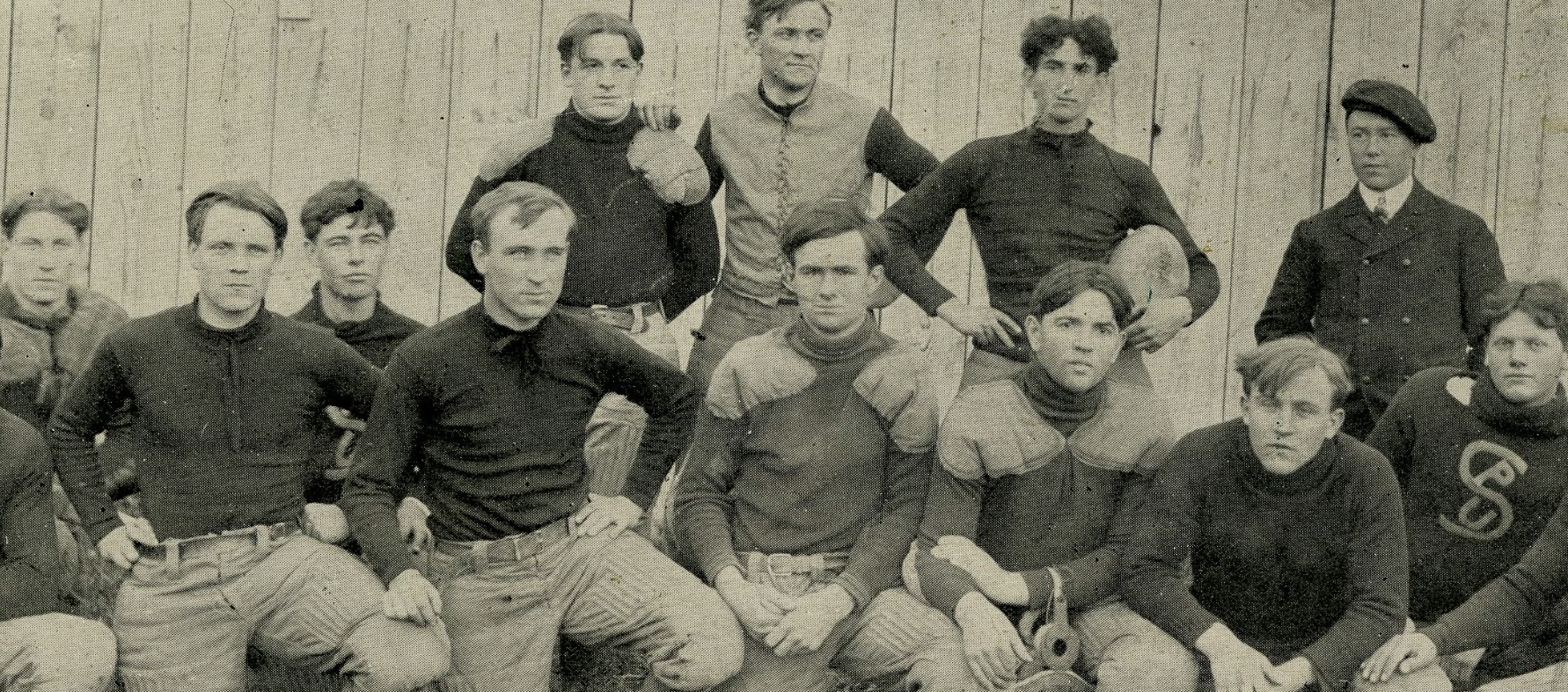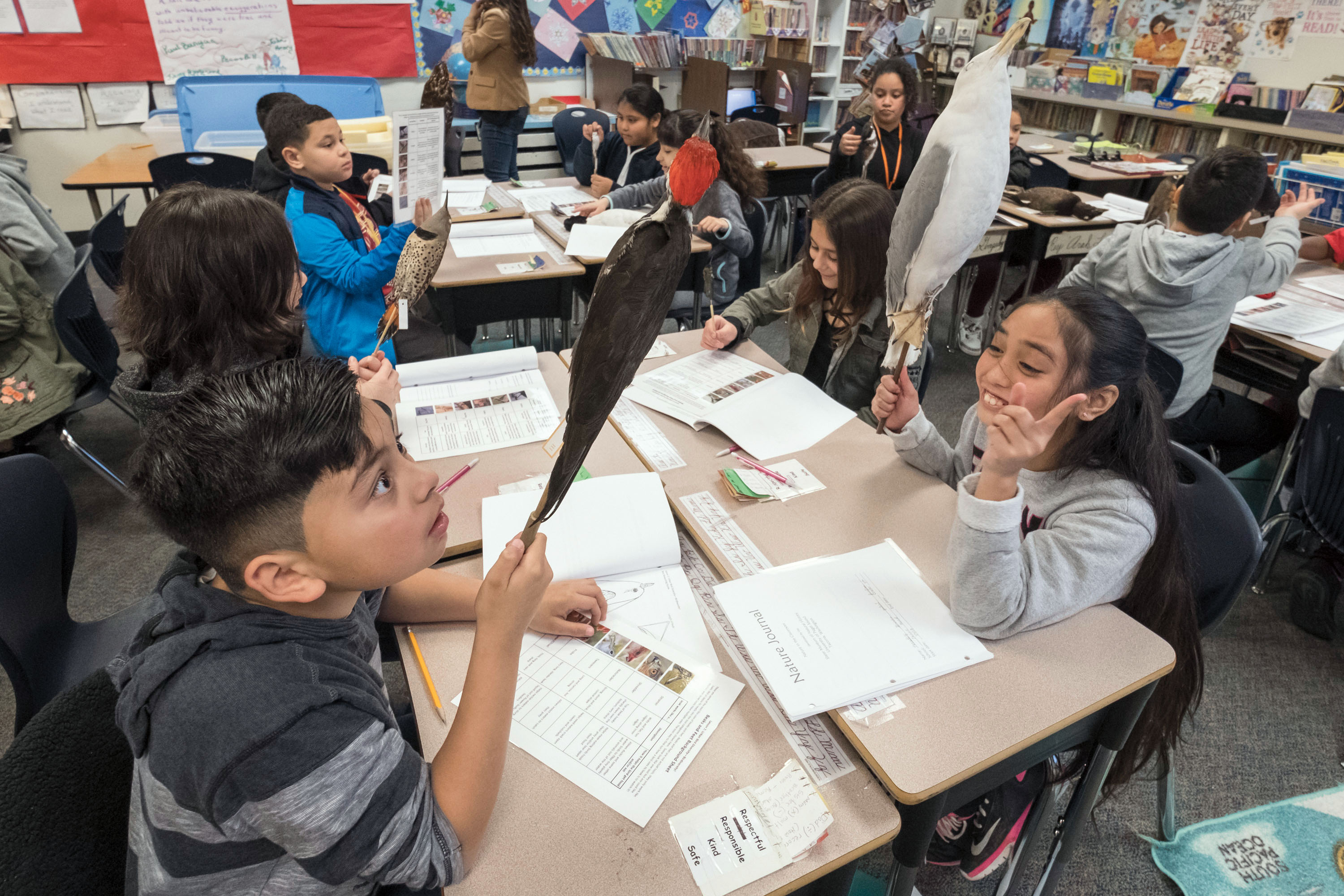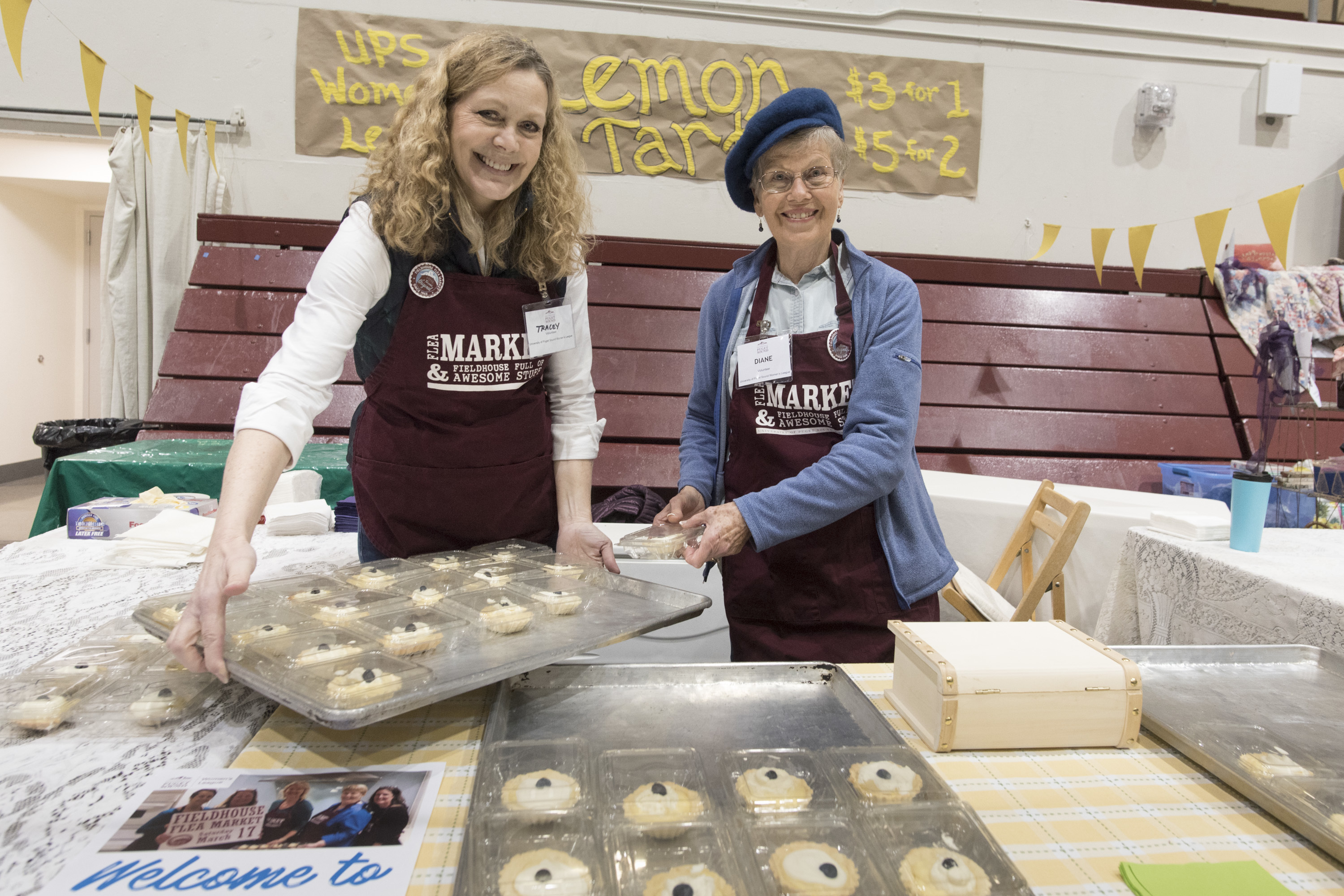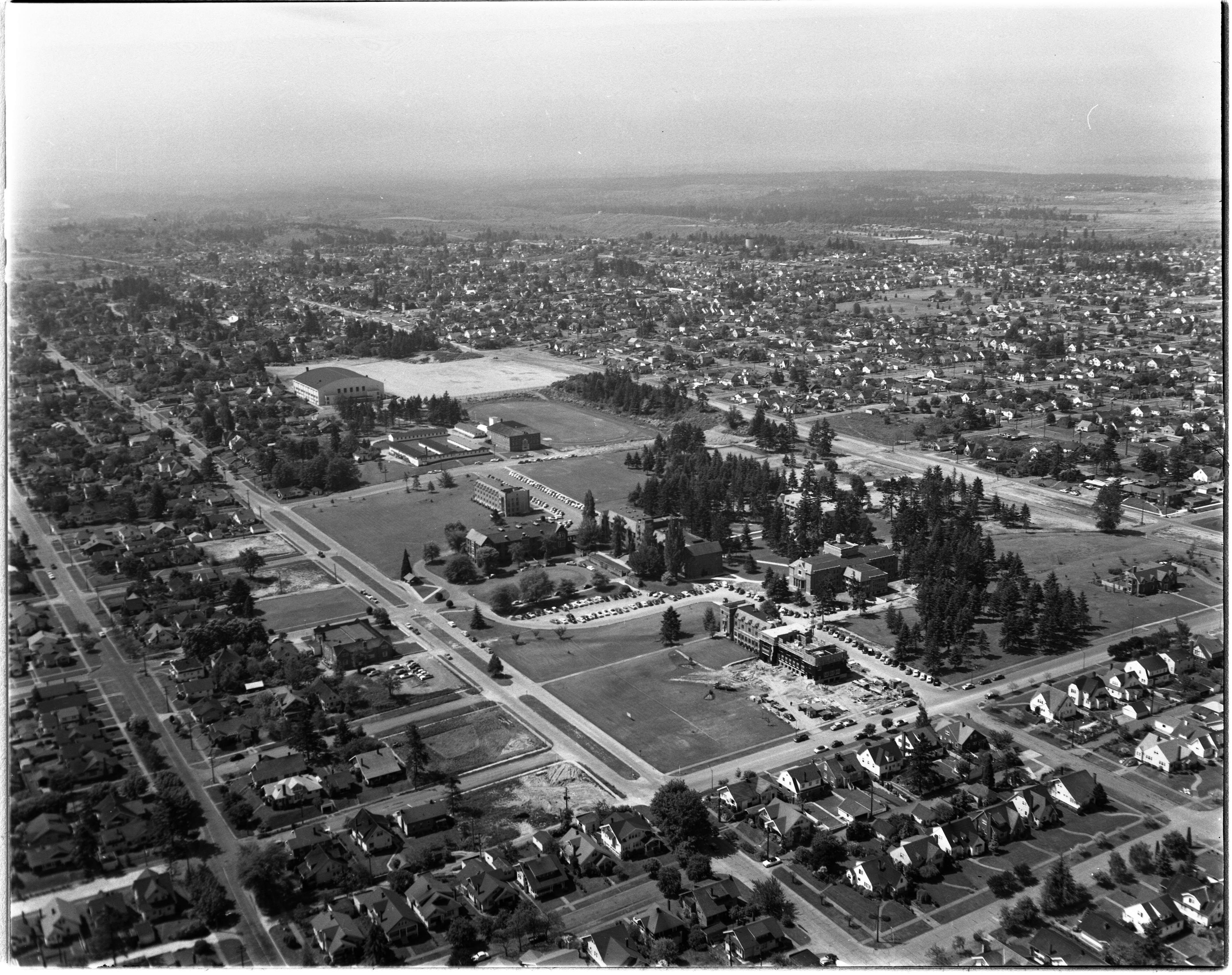The Human Library encourages understanding through conversation... between strangers.
When you enter Collins Memorial Library on a regular day, it’s usually filled with students finding reference materials or working quietly, but one evening in early November, this was not the case. Instead, small groups of people sat in various spots throughout the first floor, having lively conversations. And the reference materials being checked out were not books, but people.
Collins was host to a “Human Library” event, bringing “readers” (community members) together with “books” (volunteers willing to share their stories and perspectives) to encourage vulnerability and openness. The event featured a series of 20-minute interactions aimed at breaking down stereotypes. Those serving as books shared their experiences, and readers had the opportunity to ask questions and get to know people they may otherwise never encounter.
Established in Denmark in 2000, the Human Library is an international nonprofit which aims to stop acts of violence by fostering a greater understanding of others through conversation. Each Human Library event is unique and largely depends on the volunteers and the stories they tell. Some of the book titles featured at Puget Sound’s event include A Christian Community Apologizes to the Queer Community, Living Black in Rural Washington, and From Desk to Stripper Pole.

Bringing the Human Library to campus was no small effort. Lori Ricigliano, the library’s retired associate director for user services, started working on the project in 2016, after learning of the organization at a library diversity conference at UCLA. She partnered with Vice President of Student Affairs Uchenna Baker to make it happen. Uchenna’s book, Taking Flight: An Uncommon Journey With an Uncommon Man—about an unlikely conversation she had with a stranger on a plane—was inspired by her own Human Library experiences.
In addition to securing funding for the event, Lori, Uchenna, and the planning team needed to gain permission from the Human Library organization. Then, with their application approved, they put out a call to the campus and greater Tacoma community for volunteers willing to serve as human books.
The efforts of the planning team paid off. More than 40 attendees participated in nearly 70 readings with 10 human books throughout the event. Though the conversations often covered difficult topics and experiences, the idea of “checking out” others’ life stories proved both appealing and successful. “Ninety-seven percent [of readers] rated their experiences as ‘very good’ or ‘good,’” Lori says, and almost all attendees stated they would like to see the event offered again. “I feel really gratified,” she states.
In the future, Lori hopes to offer a wider range of human book voices, including veterans and people who have experienced disability, poverty, and racial discrimination. Only by getting to know people with stories different from our own are we able to face our biases and create a culture of greater understanding and compassion.
